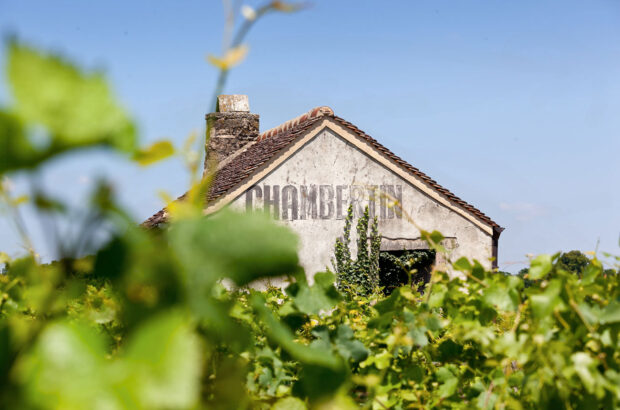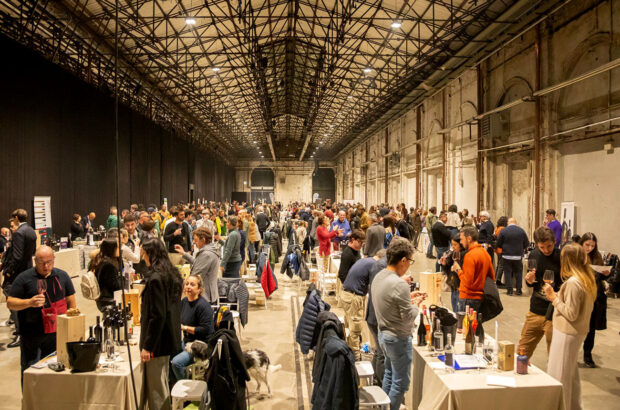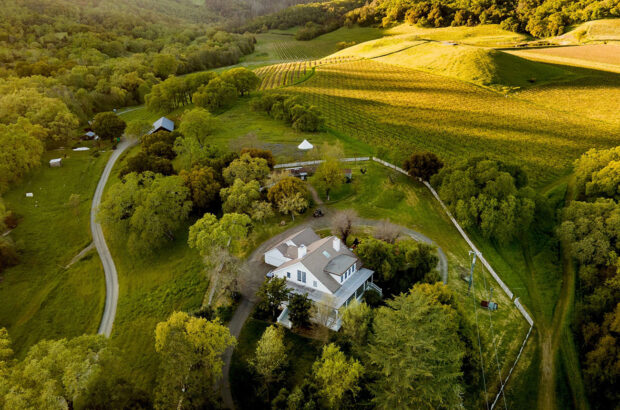The head of France’s organic wine body has slammed wine critics Michel Bettane and Thierry Desseauve for an article that contained, in the organisation's view, a ‘fundamental misunderstanding’ of organic wines.
‘Organised trickery’: Bettane, right, and Desseauve
In 1200-word open letter, the Fédération Nationale Interprofessionnelle des Vins de l’Agriculture Biologique strongly criticises the influential writers for an article they contributed to in French magazine Terre de Vins entitled ‘100 organic or nearly organic wines’ (‘100 bios ou toute comme’), and a follow-up article they posted on French wine blog, Bon Vivant.
FNIVAB president Alain Réaut, takes detailed issue with certain ‘fundamental misunderstandings’ about the nature of organic wines.
In the blog post, Bettane and Desseauve say organic wine is ‘a total utopia, and, worse, organised trickery, when it hides behind the vocabulary of “natural” or “authentic”.’
‘Organic agriculture,’ Réault writes, ‘is not a concept, but an official category for wines that is overseen by the INAO, in exactly the same way as AOC, AOP, IGP or STG.’
‘Is it not possible to be “organic… or nearly organic” just as it is not possible to be “Champagne… or nearly Champagne”. If you are organic, you respect the official rules. If you don’t, you are not organic.’
Réault also points out that natural wines are an entirely different category to organic wines, and that to link the two is confusing for consumers.
He further takes issue with various technical points in the article, particularly in the assertion that organic producers widely use copper, an element which remains in the soil and therefore can build up over time, and could have harmful effects.
This is ‘insulting’ to the profession, he says as it ‘is precisely because of worries about copper accumulation’ that research programmes have been in place for years, seeking ways of reducing copper and finding alternatives, and that organic producers use well below the legal limits for copper. He also points out that copper is used in both organic and traditional viticulture.
Réault signs off amicably, inviting the two critics to further discussions over ‘a glass of organic wine’.
He told Decanter.com he had had no response from Bettane or Dessauve.
‘But I don’t necessarily expect a formal response,’ he said, ‘I simply wanted to clarify things for consumers, particularly the difference between natural and organic. Organic wines have been around for a long time, but there are still some misunderstandings out there.’
There are around 5,000 certified organic winemakers in France.
Michel Bettane had not responded to Decanter.com’s request for a comment at the time of publication.
Written by Jane Anson in Bordeaux







